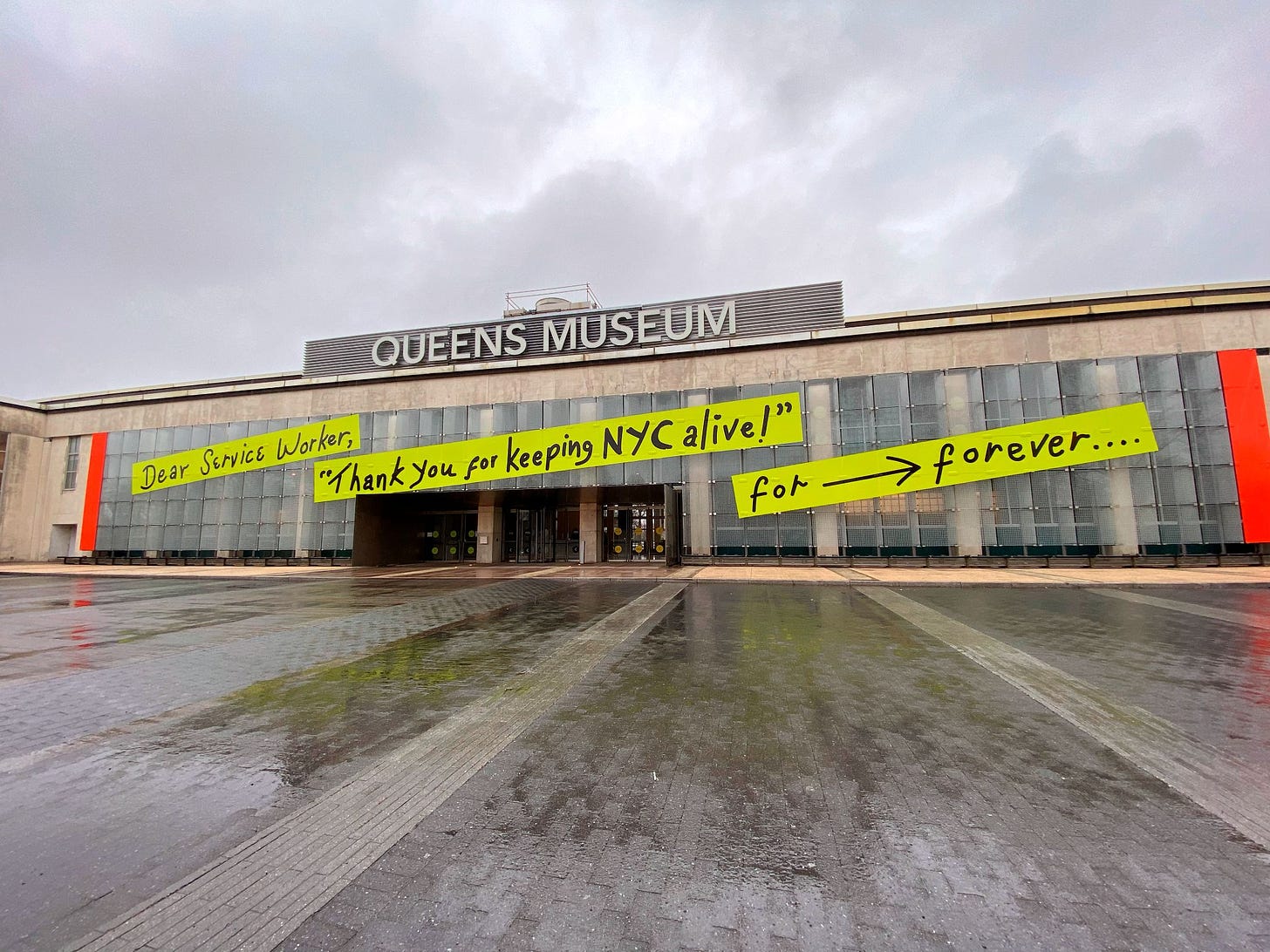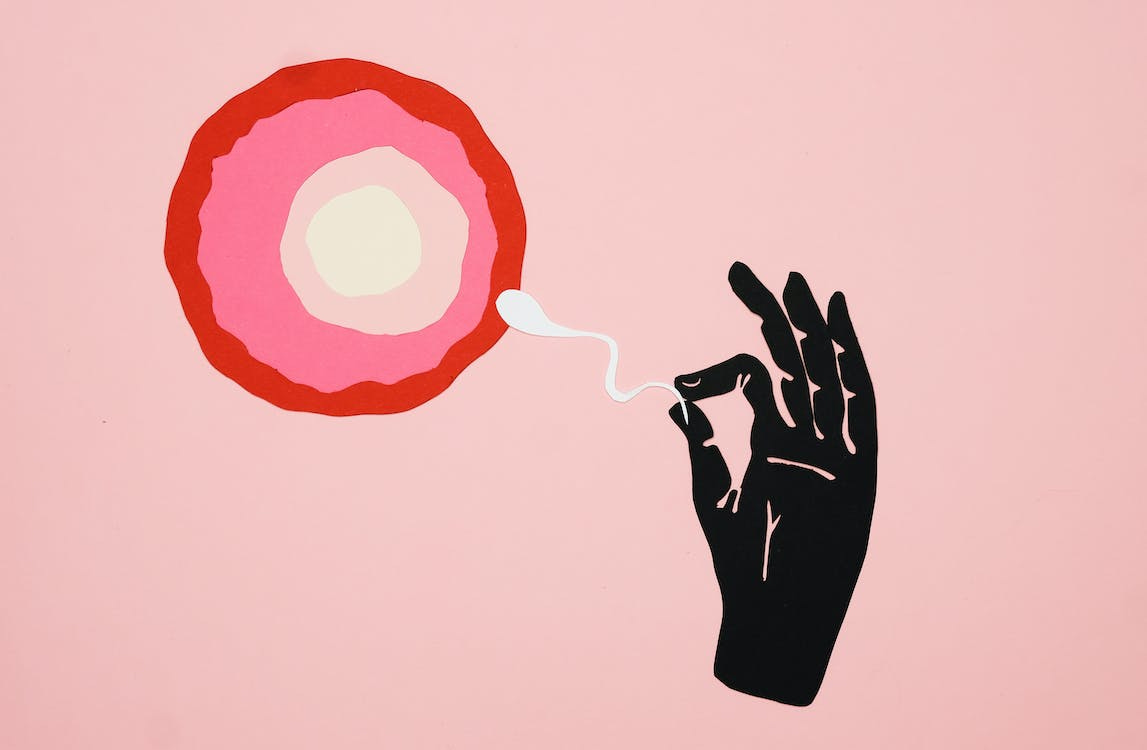Hello readers!
Dualities, paradox, and double entendre are at play in this week’s edition, including British designer India Hicks’s fond personal memories of her godfather—the man also crowned King Charles III in the U.K. today, philosopher Ben Burgis’s look at the time-travel paradoxes Hollywood often gets wrong, and former head of Snapchat editorial Rachel Richardson on the times we don’t want to be photographed. Finally, illustrator Brad Montague extols the opposite of grimdark: hopepunk.
We hope you enjoy it!
MEMOIR
A very considerate godfather
British designer India Hicks reflects on the “remarkable man” who is her godfather—a man also today crowned King of England
—
I have a photograph taken on holiday in the Bahamas, [of] sitting around a rather fun pineapple-shaped swimming pool, and I am balancing small plastic animals all over the shoulders of my godfather. In my little mind it went on for what seemed to be hours, and he just sat there, patiently letting me do it.
I have another, much more mortifying, memory. Another holiday, same Bahamian island. My godfather took me sailing, in a teeny tiny catfish boat. But the rudder broke, and he had to get out and pull us to shore, and I sat there, utterly frozen, as he walked boldly across sea urchins and coral to get us safely back. I didn’t know whether to get out and help or whether I would make things worse. So I sat there totally terrified.
ART
The lost art of maintenance
Sarah McColl looks to New York City-based artist Mierle Laderman Ukeles and her community service artworks for lessons on how art and life fit together daily
—
inIn 1973, [Mierle] Laderman Ukeles performed the invisible tasks of often private maintenance work at the Wadsworth Atheneum in Hartford, Connecticut.
Newspapers poked fun. Hey, if the cash-strapped Department of Sanitation could pitch its operation as conceptual art, they could snag a grant from the National Endowment for the Arts. Ukeles liked the idea, spoke to the Department of Sanitation commissioner, and scored the NEA grant.
Since 1977, Ukeles has held the unsalaried position of the New York Sanitation Department’s artist in residence. Over the last fifty years, she has devoted her art to maintenance work. In Touch Sanitation Performance, Ukeles spent 11 months walking every garbage collection route in New York and shook hands with 8,500 sanitation workers. To each one she said, “Thank you for keeping New York City alive!”
“The real artwork is the handshake itself,” Ukeles said.
WAR
Measuring success in the Ukrainian offensive
Mick Ryan, an adjunct fellow at the Center for Strategic and International Studies and a retired Army major, asks what success or failure for the Ukrainian offensive might look like once H-Hour has passed
—
inFor months, Ukrainian planners and strategic leaders have been reviewing different plans, as well as wargaming options, as well as branches and sequels for those options. Ukrainian training institutions have been preparing soldiers and leaders, which has been supplemented by tactical and technical training being undertaken in NATO countries. Brigades and battalions have been conducting collective training and rehearsals.
For months, a reconnaissance battle will have been taking place across the front. This will have seen Ukrainian and Russian forces fighting for information while also fighting to deny information to the enemy. It is a very important preliminary activity for any offensive or attack. This reconnaissance battle takes place with dismounted and mounted troops, as well as UAVs, electronic warfare, and strategic intelligence support from satellites and other sources.
TECHNOLOGY
No photos, please
Former head of Snapchat editorial Rachel Richardson looks at a trend toward requesting privacy and withdrawing consent for images taken in gyms, the workplace, and the home
—
in[Joey] Swoll is consistent in his criticism that while gyms are public and shared spaces, everyone has an expectation of privacy, and that filming is only OK if it’s respectful of others.
He’s not the only one standing up to those who believe the whole world is their studio, as this viral video of a person refusing to move off a park bench that was in the background of a creator’s livestream showed.
So what happens when you withdraw consent? For American momfluencer Maia Knight the backlash was swift. After frequently sharing videos of her twin daughters, Knight built a following of over 8 million on TikTok. Then, in December last year, the single mom stopped showing her toddlers’ faces in her daily videos. Cue… angry comments. While the majority of her followers were supportive of her decision to protect the identity of her daughters, some were upset that her previous openness got them so invested in the twins’ lives and they would now miss out on watching them grow up.
FOOD
Deputy principal by day, fish-and-chip reviewer by night
A history teacher is making waves by reviewing fish and chips in Christchurch, New Zealand
— Charlotte Muru-Lanning in
How easy is it for fish and chips to go wrong?
It’s so easy just to get a little bit over[cooked], and because we eat straight outside the shop, I can imagine what something would be like when it gets home—it’s still cooking in the packet. Some fish and chips [sellers] poke the packets with the fork so it airs it out, or people still believe in ripping it open so it doesn’t get soggy. You can do all those tricks. But if the chips are over, or the fish is over or it’s too soft, there’s not much that can be done. They can get it wrong within just a minute or less than that—it’s either gonna be over or it’s gonna be under, and it’s a fine line.
It’s such an art!
It is. And I give it up to them. Some of the shop owners, they let me behind to watch them do it all. Even wrapping the fish and chips is a skill. And those busy shops where there’s a massive line waiting, the phone’s going off, and it’s mum or dad working, son or daughter on the counter. And still, they just smash it out. They know the timings, no timer out or anything. It’s just such an art.
PHILOSOPHY
What time-travel movies get wrong (and occasionally right)
Philosophy instructor Ben Burgis looks at time-travel paradoxes in movies—and how far they need to go to get it right
—
inAs a kid, I absolutely loved Back to the Future. I can remember being nine years old and driving to the movie theater with my dad, who I’d been begging to take me to see Back to the Future II, and being over the moon when we got there and he finally revealed that, yep, that’s what we were there to see.
In my late twenties, I watched the first installment in the trilogy for what was at that point the first time in many years. I was studying for my Ph.D. in Philosophy at the University of Miami, and I was watching with a bunch of other grad students. I was, I think, more than a little high. And the total absurdity of the time-travel rules hit me with great force. I don’t remember if I was obnoxious enough to actually pause the DVD to say all of this or if I at least had the decency to wait until it was over, but I can remember ranting about the family photo Michael J. Fox kept looking at throughout the movie.
MUSIC
System update
When a software update rendered musician Damon Krukowski’s digital studio unusable, he found the counterintuitive answer had multiple benefits
—
in , viaThe network betraying my studio was also the source of answers to such questions, of course; I went online and started asking everyone I know in audio engineering how to deal with this situation. To my surprise, the advice I got back was nearly unanimous: unplug. Stop updating. Revert to the stable system you had before. And take everything offline so this doesn’t happen again.
It seemed a clever solution to my small-scale, personal studio problem. But I was taken aback when some of the professionals who offered this advice said it is what they do too. Even with their very extensive skill sets. Could it be that some of the most sophisticated audio technicians I know—mastering engineers in particular, those tasked in our industry with maintaining and constantly improving audio standards—choose to ignore innovation for the sake of stability?
RELATIONSHIPS
What to say when you don’t know what to say
From infertility to divorce, knowing what to say to loved ones when things don’t go to plan can be hard. Coach and author Sarah K Peck shares her advice on what types of questions to ask, and the kinds of comments that can do more harm than good
—
in“Oh, it’ll all work out in the end,” someone might say about your infertility, dismissively waving their hand, pretending it’ll just magically happen. In doing this, they skip past the pain and avoid the hard emotions.
“You know, my friend tried these exotic plants and that worked for them,” someone else might say, thinking that they are being “helpful” by offering you random solutions. Another phrase that’s both irresponsible and hurtful? When people say, “Well, you can always adopt,” as though it’s an easy fix in moving forward.
But when people try to “fix” the problem with “helpful” solutions, when they dismiss your feelings, or when they seem uncomfortable spending time with you in the sticky stuff, this creates rifts instead of connection. This leads us to keep things close to our heart and miss out on the deeper connections we want and need. Whatever news you’re reeling from—whether it’s infertility news, loss, or any realm of life’s toughest challenges—what most people want is to be met with tenderness and compassion, not solutions or erasure.
ILLUSTRATION
Here’s to the hopepunks
Cynicism is lazy. Hopepunk takes work. Let’s get to work, says bestselling author and illustrator Brad Montague
—
in , recommended byRecently launched
Coming soon
Congratulations to the following writers celebrating publication:
’s book Fat Talk, continued as a New York Times bestseller:What’s happening in Notes
is asking writers where they like to write:FiveThirtyEight’s
joined Substack to start sharing on Notes:Inspired by the writers featured in Substack Reads? Writing on your own Substack is just a few clicks away
Substack Reads is a weekly roundup of writing, ideas, art, and audio from the world of Substack. Posts are recommended by staff and readers, and curated and edited from Substack’s U.K. outpost by Hannah Ray.
Got a Substack post to recommend? Tell us about it in the comments.


























Brilliant! I love getting to explore new Substacks that get featured here and I'm so pleased you shared Brad Montague's Hopepunk post 👏
Love it! I really recommend deardante.com - probably the funniest Substack out there